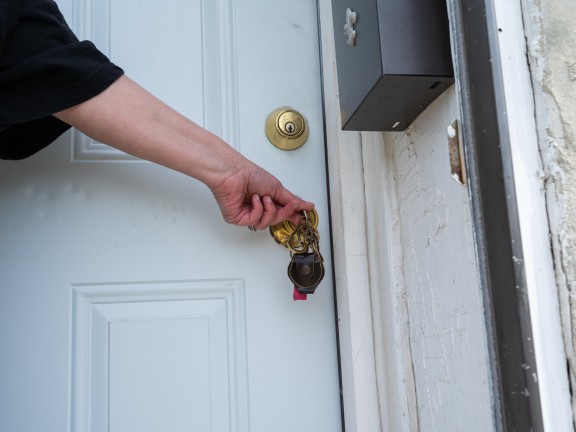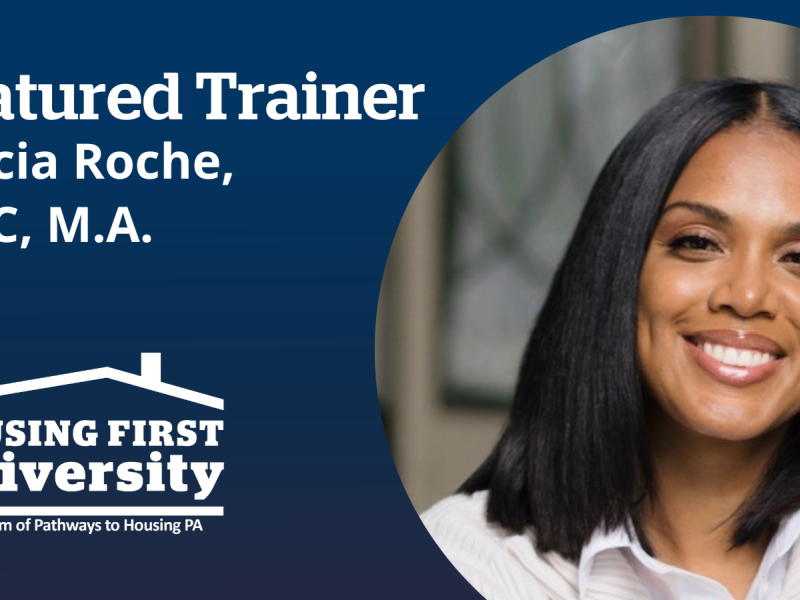Engaging Landlords in Your Mission of Ending Homelessness

Check out our upcoming webinar on 12/5 covering Landlord Engagement Strategies!
Landlord engagement is currently one of the greatest challenges facing supportive housing providers. We field calls and emails from providers across the country wondering how Pathways has been able to recruit over 75 landlords to our cause and stably house over 600 participants in Philadelphia. The answer is simple, yet tedious.
We recruit by putting our feet on the pavement, knocking on doors, and cold calling, amongst other grassroots outreach. It’s time consuming and often fruitless work, but for every ten calls, we might get one person who is willing to hear us out. It is then that we have but a small window of opportunity to dispel some of the dominant myths surrounding Housing First programs:
Housing First is not only housing. Once housed, our program participants are provided with wrap-around services to support successful tenancy. In fact, we’ve seen crisis response center episodes, mental health court episodes, and psychiatric hospitalizations all decrease for those housed through our program. Simultaneously, we’ve observed increased medication adherence and engagement in substance use treatment. As such, 85% of our participants remain stably housed after five years.
Housing First participants are not a danger to others. Individuals with serious mental illness are often the victims of violence, not the perpetrators. For participants who do have criminal histories, providing supportive housing can significantly decrease behaviors that lead to incarceration. Supportive housing provides stability that living on the street strips away.
As with any tenant, damage to a unit is always possible. Most of our participants respect their homes. Regardless, we commit to repairing or paying for any damages that do occur. While we understand that it can be anxiety provoking to anticipate these types of costs, we don’t believe this is a valid reason to deny someone the basic human right to housing.
Identifying and working with landlords can be one of the hardest aspects of supportive housing work, but it is vital to our success. Without our landlords, we simply wouldn’t be able to do what we do. As agencies everywhere experience record staffing shortages, increased participant need, and a lack of affordable housing, it may seem impossible to devote the time truly needed to developing these relationships. However, the time you put in now will be time well-spent in the future.
To learn more about developing your landlord network and Housing First University’s four-step process:
- Recruiting landlords to your cause
- Supporting new relationships
- Maintaining successful partnerships
- Building long-term investment
Email us at training@pathwaystohousingpa.org or register below for our upcoming webinar on 12/5 covering Landlord Engagement Strategies!
Recruiting new landlords not only changes the life of the participant who can now be housed, but it can also change the life of the landlord who is now a true partner in the effort to end homelessness in their own community.


